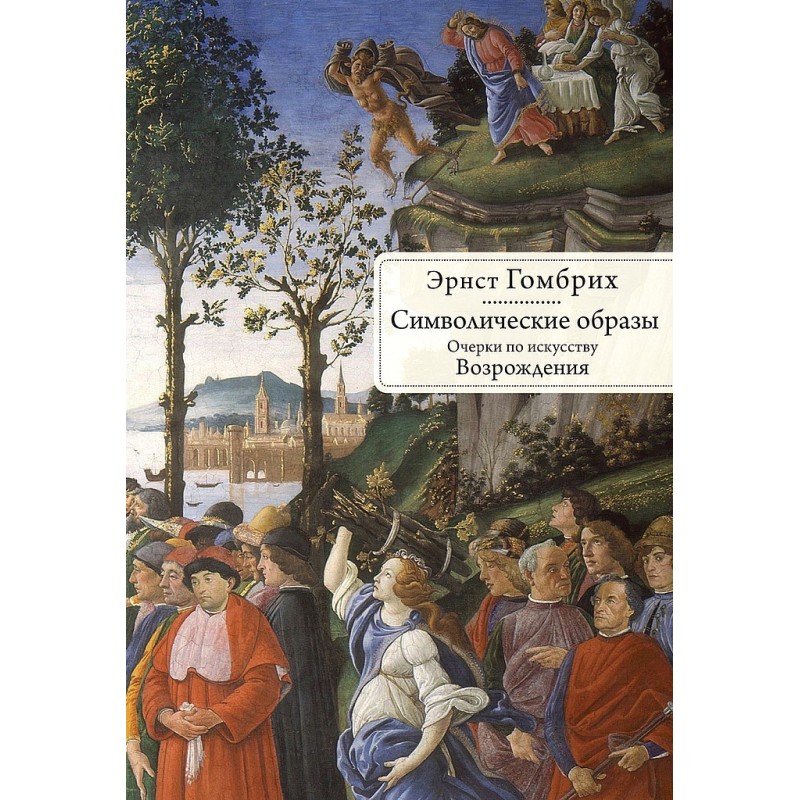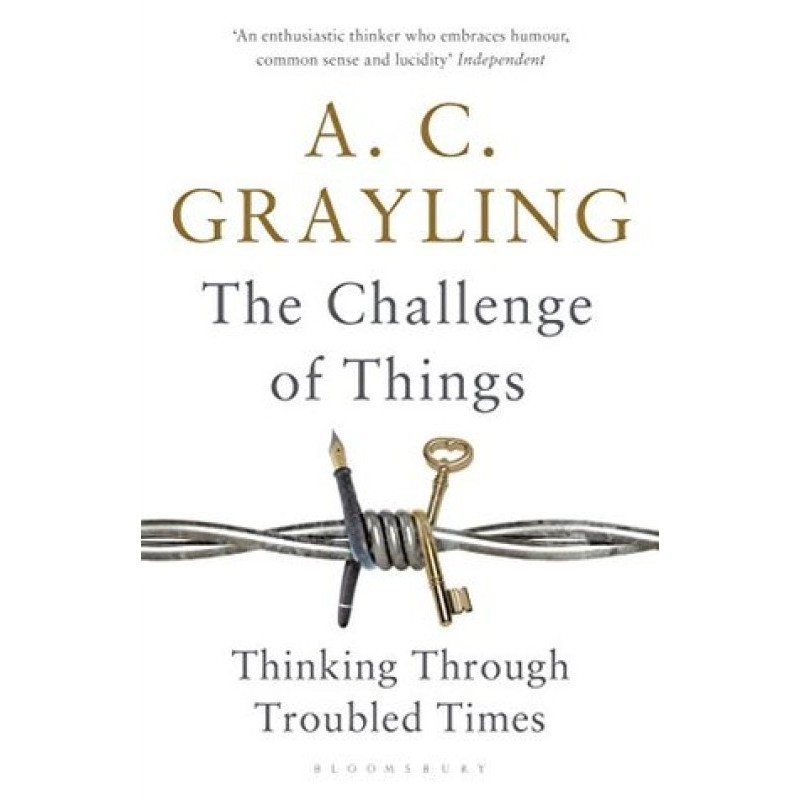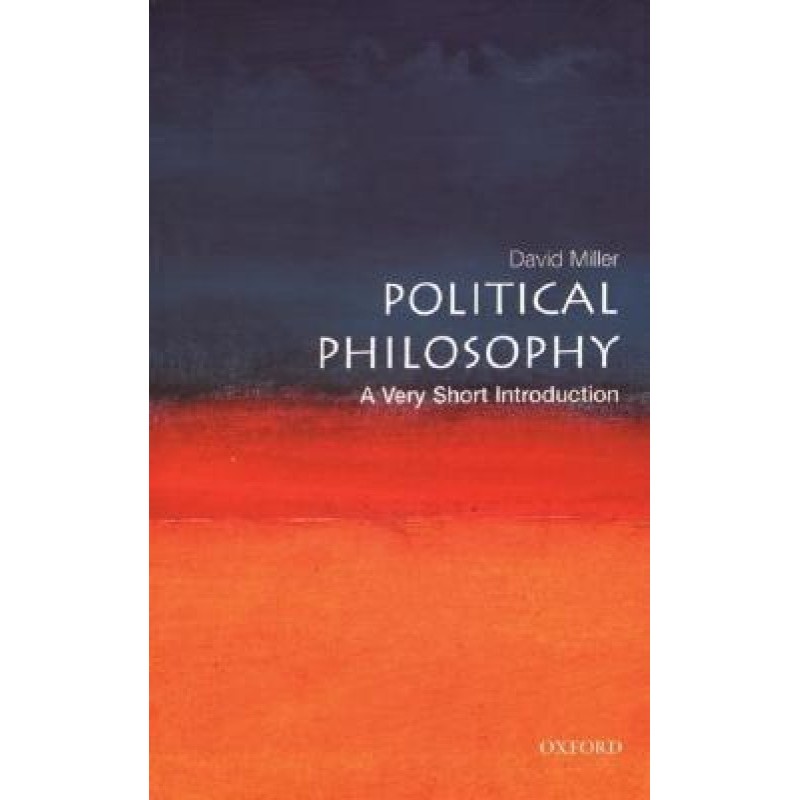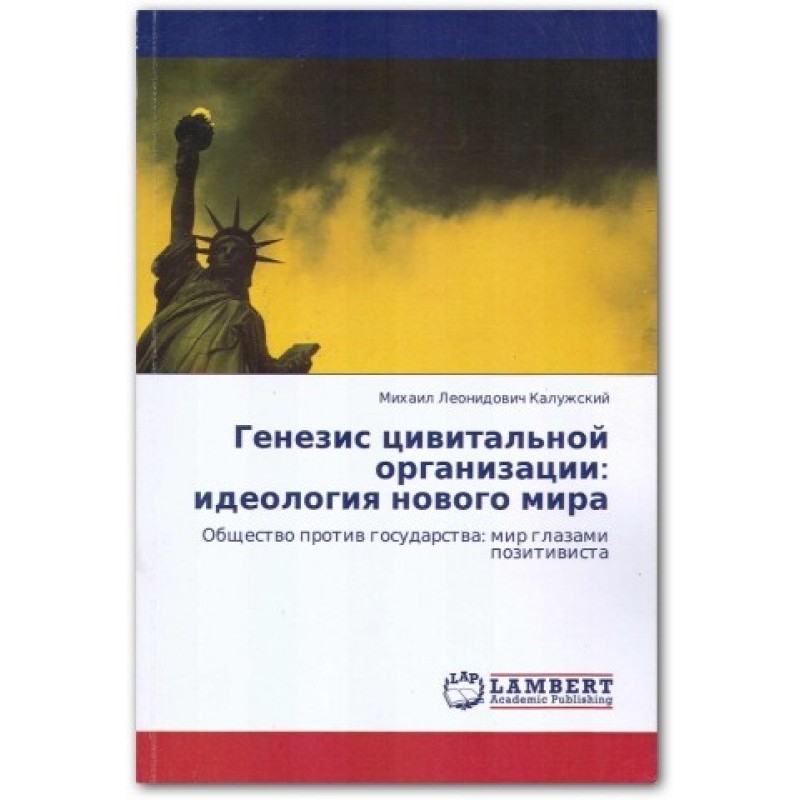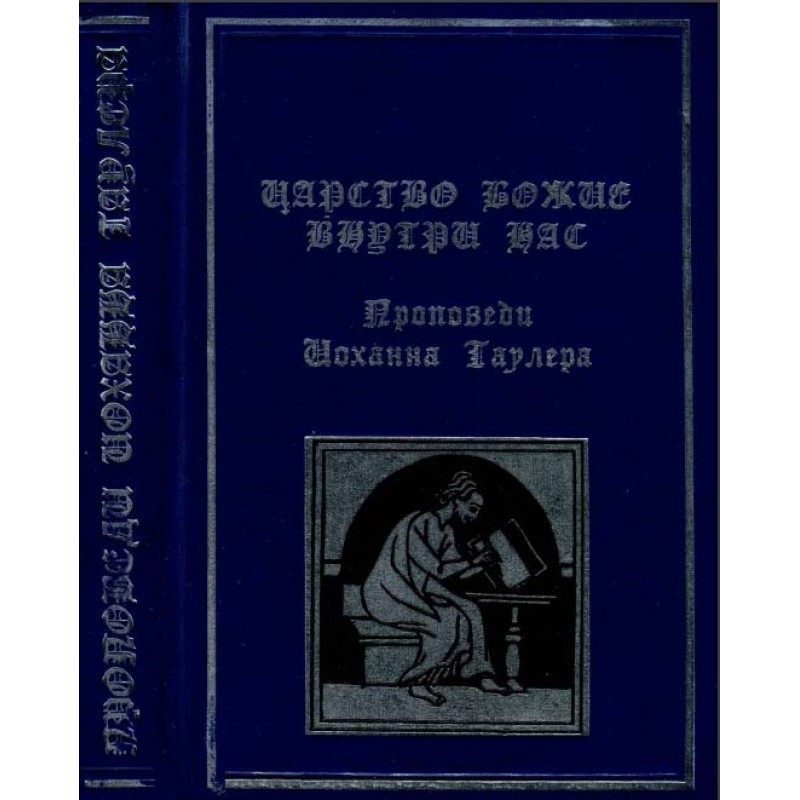World history and social intelligence
 Instant download
Instant download
after payment (24/7)
 Wide range of formats
Wide range of formats
(for all gadgets)
 Full book
Full book
(including for Apple and Android)
The first chapter talks about the nature and essence of cultural phenomena; that the same cultural phenomena surprisingly suddenly arise among completely different peoples, often separated by millennia, living on different continents, having neither common roots, nor religion, nor language. The second chapter examines the nature of human intelligence in general and social intelligence in particular, which ultimately makes it possible to explain the reasons that give rise to this or that set of cultural phenomena observed in specific nations, and in addition, to describe the mechanism of reproduction of cultures, which has little to do with veneration and blind copying traditions and customs of ancestors. The third chapter talks about the reasons for the emergence of social regulatory systems - first of all, the moral code, religion and the code of laws; about the nature and essence of political activity. In the fourth, it is proved that the optimal form of government for all nations and states without exception in the long term, in the absence of external influence, is always determined by the socio-economic maximum. The fifth chapter examines the nature of international law, the true reasons and goals of the Western policy to democratize the world and protect human rights. In the sixth, the models of “The End of History” by Francis Fukuyama and “The Clash of Civilizations” by Samuel Huntington are considered; their basic concepts are analyzed – “the last man” and “the world of civilizations”; The ability of these models to describe processes occurring in world politics is assessed. And finally, in the seventh, the advantages of the concept of “social intelligence” are presented as the most important tool for analyzing cultural, social and political processes.
Data sheet
- Name of the Author
- Александр Кабанов Борисович
- Language
- Russian


